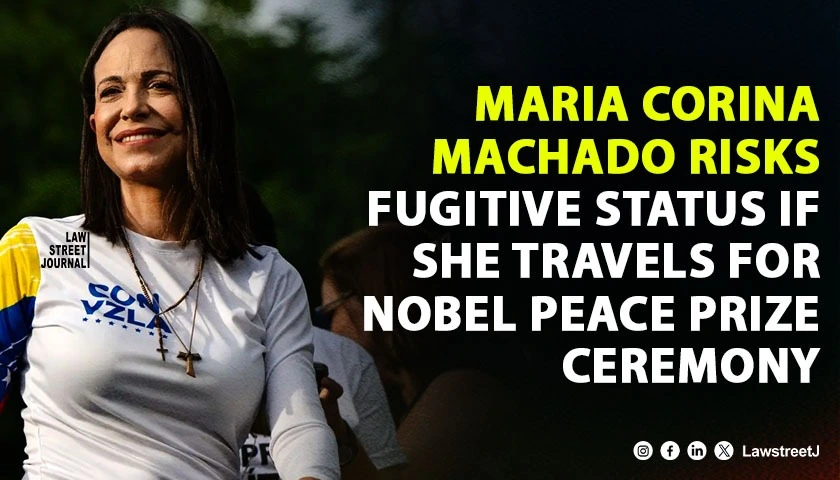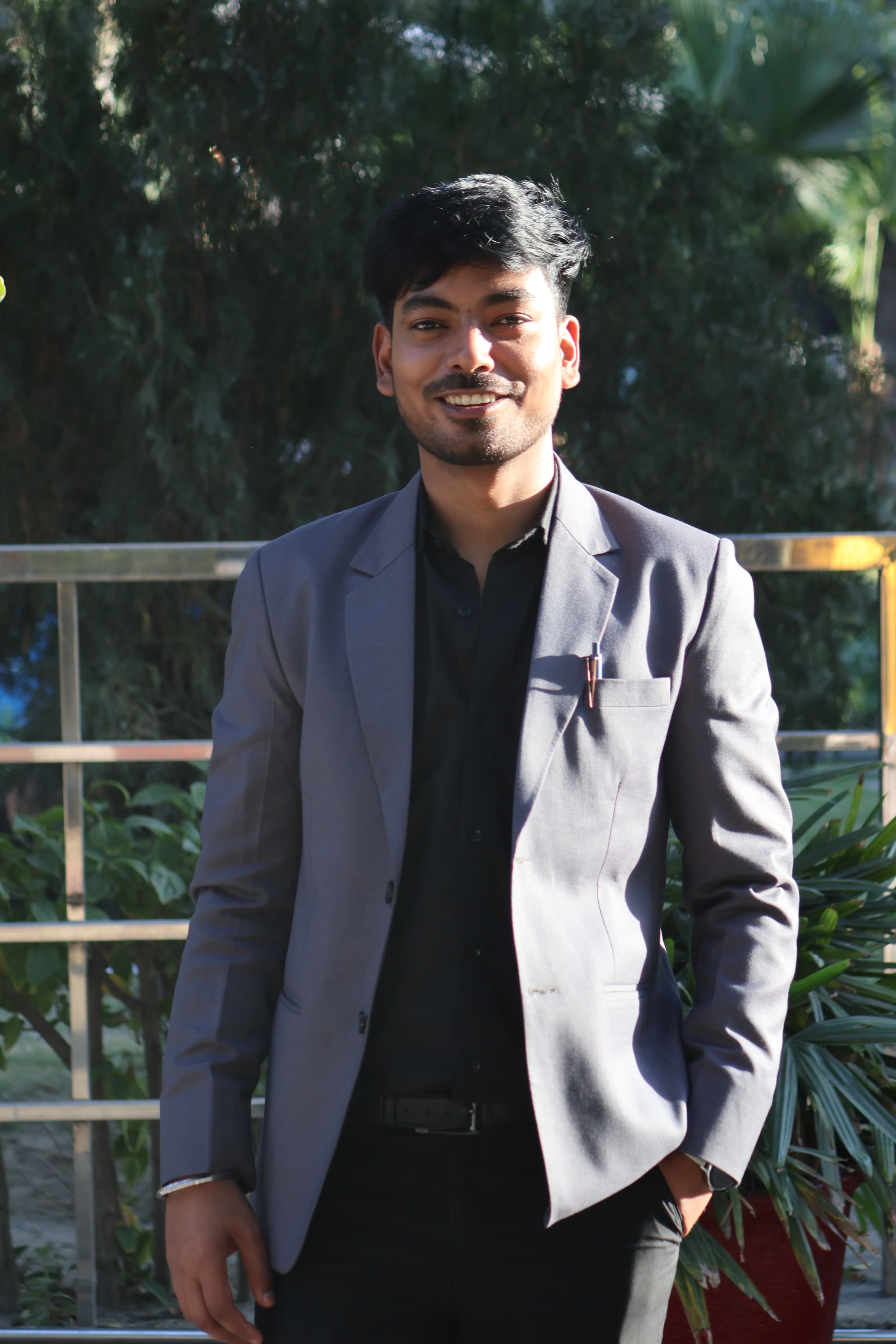New Delhi: Venezuelan opposition leader and 2025 Nobel Peace Prize laureate Maria Corina Machado may be declared a fugitive if she leaves the country to attend the award ceremony in Oslo on December 10. The warning comes directly from Attorney General Tarek William Saab, adding new pressure to an already tense political environment in Venezuela.
Attorney General’s Warning and Ongoing Legal Cases
On November 20, 2025, Attorney General Saab publicly stated that Machado would be treated as a “fugitive from justice” if she exits Venezuelan territory while under criminal investigation. Authorities have cited allegations of conspiracy, incitement of hatred, and terrorism—charges that fall under national security provisions in Venezuelan law. Saab also accused Machado of supporting the presence of foreign military forces in the Caribbean, specifically pointing to U.S. activity that the Maduro government claims is intended to destabilize Venezuela.
According to the Attorney General, these actions justify the ongoing legal scrutiny. He referenced sections of the Venezuelan Penal Code and the Organic Law of Criminal Procedure that allow investigators to impose preventive restrictions, including travel bans, even in cases where no formal conviction has been issued.
Legal analysts note that Venezuelan courts have broad discretion to impose precautionary measures in national security investigations. While Saab has not clarified whether an arrest warrant is pending, his public declaration signals that authorities are prepared to enforce restrictions should Machado attempt international travel.
Machado, who has been in hiding since the announcement of her Nobel Peace Prize in October 2025, has repeatedly expressed her intention to attend the Oslo ceremony. She recently released a statement from an undisclosed location reaffirming her commitment to democratic reforms and unveiling what she called a “freedom manifesto,” outlining her call for expanded civil liberties and decentralization of political authority in Venezuela.
The Nobel Committee has confirmed that Machado remains formally invited to the ceremony. While it has not commented directly on the legal warnings issued by Venezuelan authorities, the Committee reiterated that the Peace Prize was awarded for her nonviolent advocacy, civic mobilization, and long-standing efforts to challenge authoritarian practices.
International legal specialists say that if Machado attempts to travel, the situation could raise complex diplomatic questions. Although Nobel laureates do not receive any form of legal immunity, politically motivated charges are often examined through the lens of international human rights law, including obligations under the International Covenant on Civil and Political Rights (ICCPR), to which Venezuela is a signatory.
Wider Crackdown on Opposition Figures
Machado’s situation comes amid intensified political repression in Venezuela. The Maduro administration has previously barred her from contesting national elections, and multiple opposition leaders have reported surveillance, judicial pressure, or arbitrary detention. Human rights groups continue to document a pattern of criminal proceedings and administrative measures aimed at limiting political participation.
Venezuela’s Constitution guarantees freedoms of movement, expression, and political activity. However, national security laws and emergency decrees have frequently been used to restrict these rights. Legal experts point out that applying terrorism-related provisions—such as those linked to Article 285 of the Penal Code—requires clear evidence of intent and public disorder. Whether those criteria have been met in Machado’s case remains disputed, as no formal indictment has yet been issued.
As of November 21, 2025, Machado remains inside Venezuela. Her legal representatives have not disclosed whether she plans to attempt travel to Norway. Any move she makes in the coming days may have significant implications for both domestic political dynamics and Venezuela’s international standing. Observers note that a fugitive designation could complicate any request for asylum, formal diplomatic support, or protective measures from foreign governments. It could also influence how international organizations respond to Venezuela’s treatment of political opponents and its compliance with global human rights standards.
The situation continues to develop, with attention focused on both the legal steps taken by Venezuelan authorities and Machado’s decision regarding the December 10 Nobel Peace Prize ceremony.









